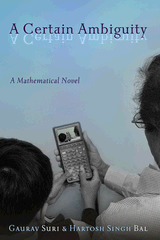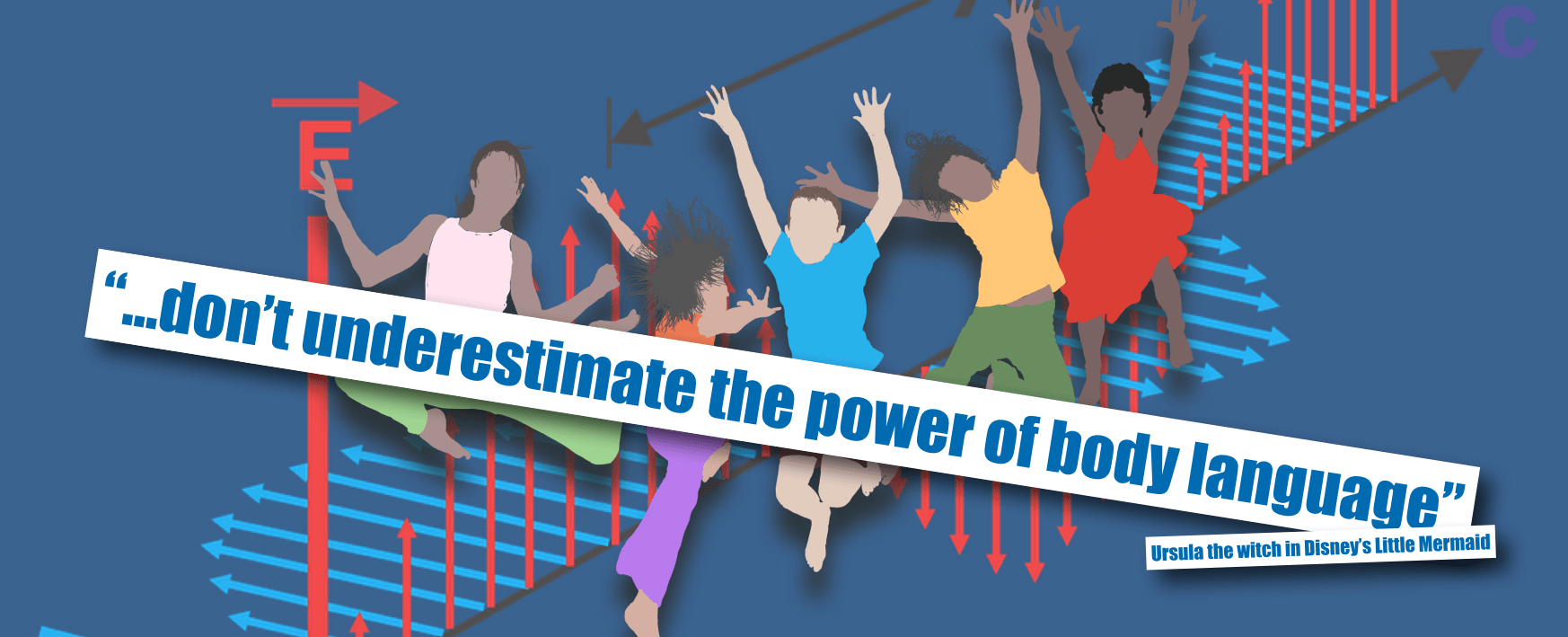Zephyr Teachout (supposedly an associate law professor at Fordham University, a writer, and an online entrepreneur) has a great article on bigmoney.com, titled Welcome to Yahoo! U: The Web will dismember universities, just like newspapers.
His essential argument is that under the assault of new technologies, mainly the rise of online learning, the business model that sustained U.S. colleges can’t survive. [He restricts his comments to just private colleges and universities, but given the condition of state funding, I see the points he is making relevant to all universities and colleges, private and public.]
He paints a bleak picture of the future college/university, saying
When this happens—be it in 10 years or 20—we will see a structural disintegration in the academy akin to that in newspapers now. It will mean fewer professors and worse pay; low-paid, untenured faculty will do much of the teaching. Online instructors are already joining freelance reporters in the underpaid, insecure, overeducated work force that works from home. The market will encourage this trend. The typical 2030 faculty will likely be a collection of adjuncts alone in their apartments, using recycled syllabi and administering multiple-choice tests from afar.
Most of the points he makes are not not new – they have been made in the past by others (I have had a couple of posts about these issues as well). However, there is one new idea that I had not fully thought about, and that has to do with the idea of college aggregators. Making an analogy with news aggregators that are pushing traditional news organizations towards demise, he argues that the future will see the rise of college aggregators.
Taking the newspaper analogy one step further, I would venture that college aggregators will be the hub of the new school experience. In the world of news, the aggregators (Google News, Yahoo News, blogs) have taken over from the physical—and virtual—newspaper as the entry point for news consumption. Already, half of college graduates attend more than one school before graduation. Soon, you’ll see more Web sites that make it easy to take classes from a blend of different universities, mixing and matching parts of a degree and helping to navigate the different institutional requirements. Already you can go to Web sites like http://www.bachelorsdegreeonline.com or www.EducationDegreeSource.com to learn about possible online-only degrees. Or you can go to the University of North Carolina’s Web portal to find classes around the state, some online, some offline. These are crude beginnings—like the news listservs of 1996. Soon, aggregators will combine and repackage not just courses, but the modules inside courses. Hourlong sessions will be remixed for different classes: That one hour on the French Revolution is good for both French History and for the History of Revolutions class.
The age of the educational mashup is here!!
He ends with a plea, that I would strong endorse:
But unless we make a strong commitment to even greater funding of higher education, the institutions that have allowed for academic freedom, communal learning, unpressured research, and intellectual risk-taking are themselves at risk. If the mainstream of “college teaching” becomes a set of atomistic, underpaid adjuncts whose wares are sold by barkers in the subway, we’ll lose a precious academic tradition that is not easily replaced.

 A Certain Ambiguity: A Mathematical Novel is a book written by two of my high school friends, Gaurav Suri and Hartosh Singh Bal.
A Certain Ambiguity: A Mathematical Novel is a book written by two of my high school friends, Gaurav Suri and Hartosh Singh Bal. 

Hey Poonam, good to see your comment on my blog. As for your question, I think teaching is more a profession of choice in the US than in India. I know UG students who come into the univ with the idea of becoming a teacher.
Punya: Very interesting post.
Incidentally, print media has begun to prepare for the eventual and has moved/is moving towards an integration model, including in India. Unfortunately the market here has evolved in a way that predatory pricing would be a major obstacle for anyone wishing to create a sustainable business model.
I have a (tangential) question. Is high school teaching a profession of commitment by choice in the US, in stark contrast to India? Or a last resport/mark of complacency/transit job as seen in India?